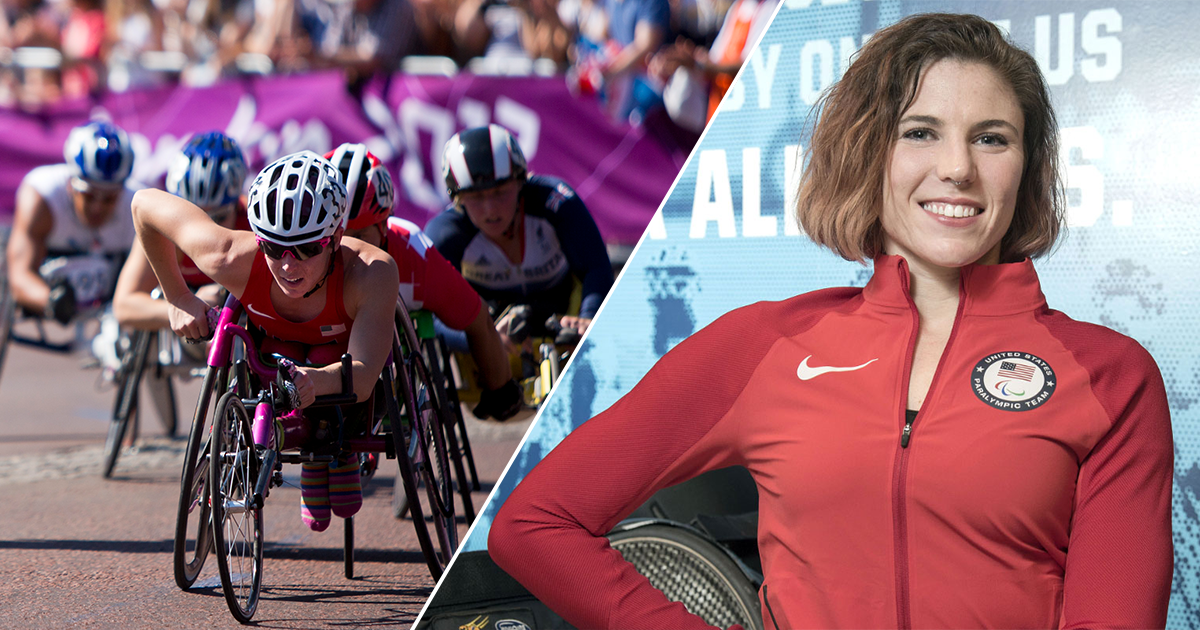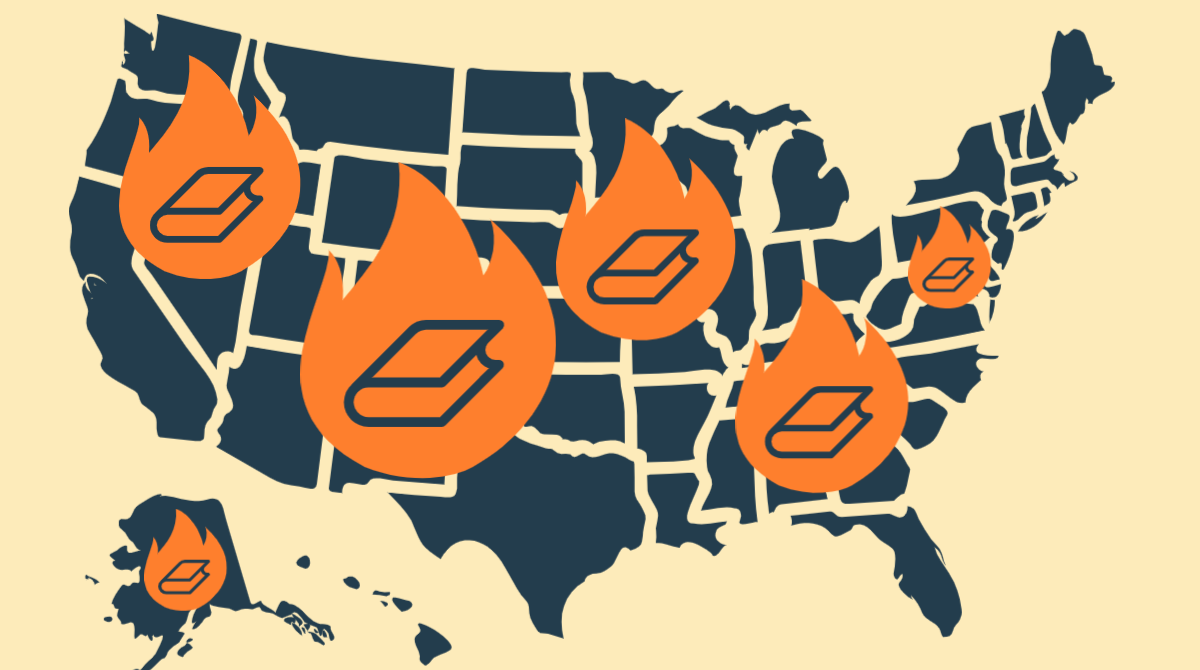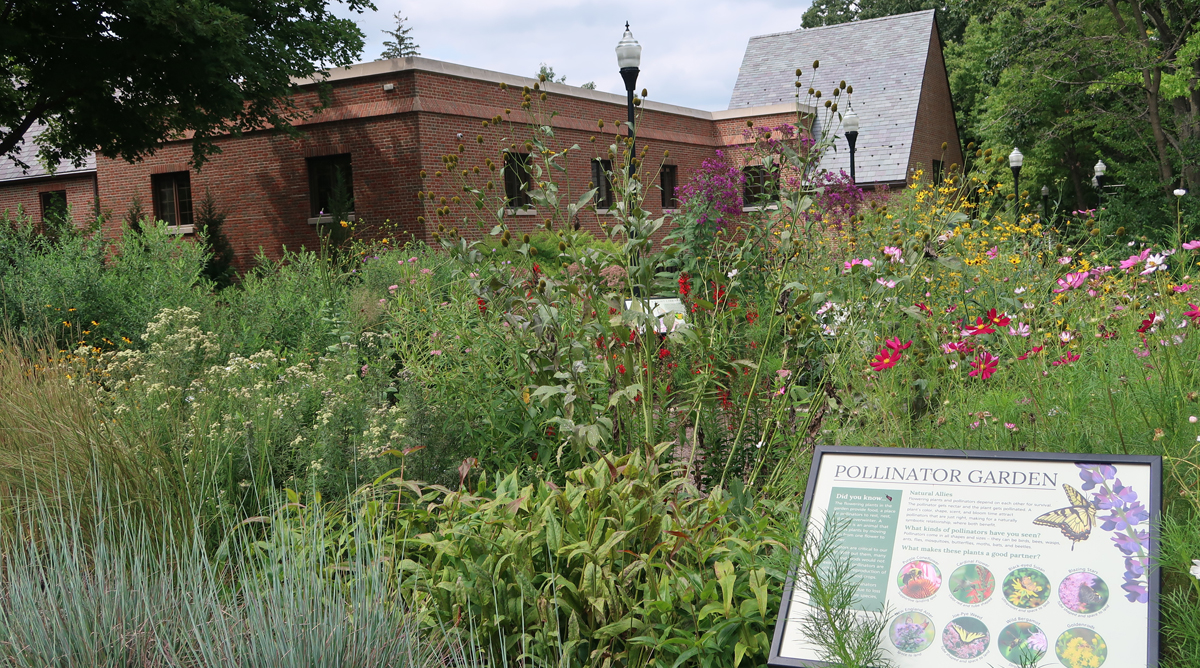After more than a decade on Team USA, wheelchair racer Amanda McGrory is starting a new chapter with the U.S. Olympic and Paralympic Committee (USOPC). As the organization’s staff archivist, she’s drawing on personal experience as well her professional expertise to preserve and share the nation’s athletic history.
McGrory has been competing at the highest level of her sport for fifteen years. Representing the United States, she’s earned seven Paralympic and 13 World Championship medals; she’s also a fixture on the international marathon scene, taking first in high-profile races like the London, Paris, and New York Marathons. In 2018, she added a master’s degree in library and information science from the University of Illinois to her roster of accomplishments.
McGrory fit her graduate studies in between training and competitions to ensure a smooth career transition after eventually retiring from athletics. “You cannot be a professional athlete forever. That is a career that has a pretty strict expiration date,” she told I Love Libraries. “My biggest fear was getting caught in a position where I hadn’t planned for the future.”
When she first started library school, McGrory had no idea she would end up as an archivist for the team she’d dedicated so much of her life to. She considered specializing in public and academic libraries before falling in love with special collections-and when she found an internship posting for the U.S. Olympic and Paralympic Archives in Colorado, everything started to click.
“It’s absolutely amazing how perfectly everything came together,” she shared. The internship was magical: one day, she was sifting through boxes of artifacts and pulled out Serena Williams’ signed tennis shoe from the 2008 Beijing Games. “That is the moment that it hit me: these are amazing pieces of history from some of the most incredible athletes in the world, and I’m just holding it. It was like, ‘this is what I want to do.'”
After her internship ended, McGrory returned to Illinois to train for the 2019 World Championships and 2020 Paralympic Games, her final competitions before retirement. Just as she was looking for a post-athletics job, the USOPC archivist announced her retirement, creating a unique career opening for McGrory’s skills and interests. When COVID-19 postponed the Tokyo Games and upended McGrory’s racing plans, she packed up her life and moved back to Colorado to lead the archives.
Being the only full-time staffer at a world-class archive like this one is no small feat, but after years of intense competition, McGrory feels at home in daunting situations. “A lot of being an archivist is about being self-driven, with collection development and accepting artifacts,” she said. “In my experience working as an athlete, I rely a lot on my independence. I’m very confident in my instincts.”
Working for USOPC while maintaining a spot on the Team USA roster has been a singular experience for McGrory: “I have the fun distinction of being the only current athlete ever to be on staff at the U.S. Olympic and Paralympic Committee. It’s been really interesting to be able to see things from both sides.”
McGrory’s plans for the rescheduled Tokyo Games are still up in the air-the Paralympic trials for track and field take place this June, and she’s making peace with the possibility of not qualifying. “I feel fortunate that I’ve already had the experience of going to the Games and winning medals. I was lucky enough to take six years to just be a professional athlete and get paid to travel around the world. I have no regrets there,” she explained. “If it’s time to walk away and to be finished, I’m OK with that. I’m ready to pursue some other passions.”
Either way, McGrory will use her role in the archives to champion better representation for the hundreds of Paralympians on Team USA. Her work fits into the USOPC’s broader push for inclusivity (including adding “Paralympic” to its official name in 2018), and McGrory has both personal experience and academic expertise to contribute-her master’s coursework focused on the history of adaptive athletics and wheelchair sports.
“It’s been great to be in a position where I’m able to help elevate those voices and add information about Paralympians into everything we do as an organization, whether it’s physical displays, artifacts, or stories that are being told,” she shared.
“There’s a great opportunity with the Paralympic Games to showcase the skills of these athletes as athletes first, beyond being individuals with disabilities. There’s been a big change within the past couple of years-the Paralympics aren’t just for people with disabilities to watch,” she continued. “These are incredible athletes that have mastered amazing skills, competing at the absolute highest level.”
Subscribe to the I Love Libraries newsletter for more amazing stories about libraries and librarians.
Photos courtesy of Joe Kusumoto and The News-Gazette.




